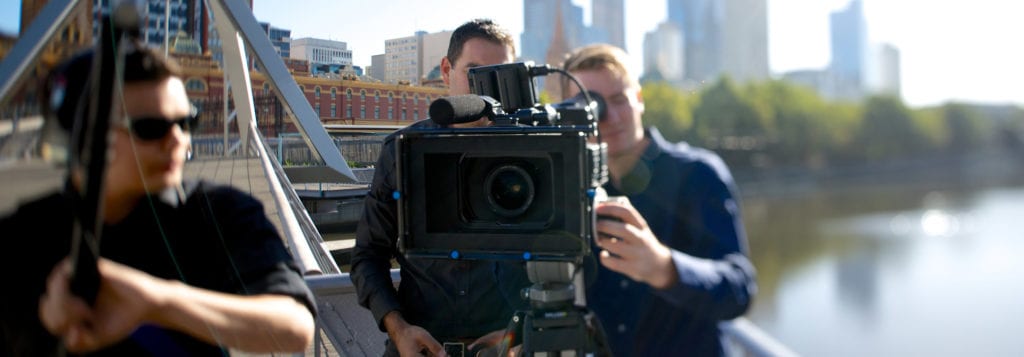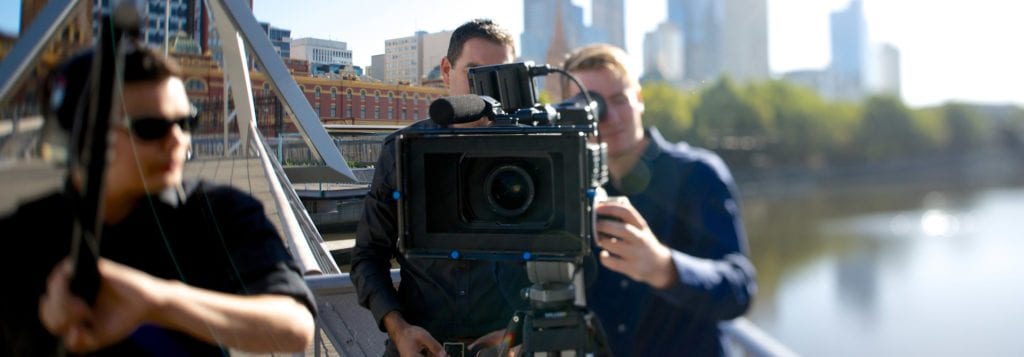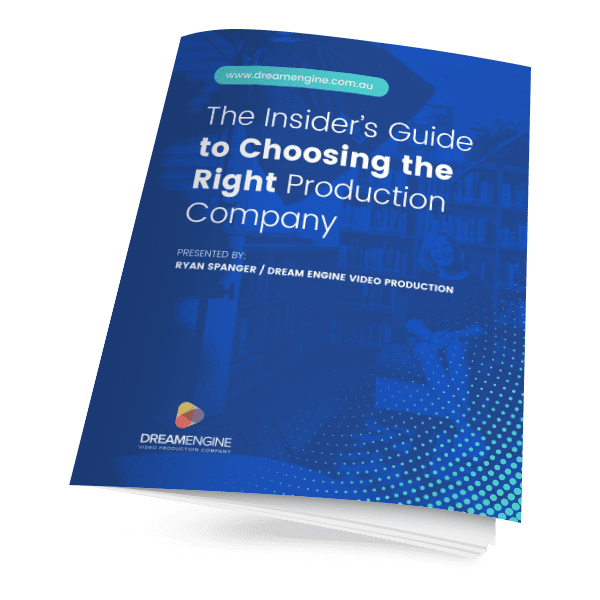Over the years we have filmed a seemingly endless variety of subjects, from sports stars to nurses to CEOs and startups. We have also spent some time with professional media trainers, filming interviews and preparing the faces of big business for a grilling by the media. It’s a remarkable process and one that is designed to be as difficult as possible for the participants. The media trainer’s role is to make sure that the interviewee is so well prepared for any curly questions so that they will be prepared for anything the media can throw at them. For many people in an HR or public relations role, these tips could help you present well on camera and make sure that your business is well represented.
Always Be Prepared
The Scouts were on to something with their motto, as preparation is the most important aspect of media training. It is likely you will have a lot of knowledge about your business already, but when it comes to dealing with scandals, PR disasters and potentially damaging news, you need to be on top of your facts before you get in front of camera. You should prepare a list of the toughest questions you can think of, relating to the subject of the press conference/interview. Often for a sitdown interview you will be given a list of topics or questions beforehand which should make it easier to prepare, but always have a response to fall back on if you don’t have the facts. In a high pressure situation like this it is often better to go with “I’ll have to look into that further before I can comment on that,” rather than dig a deeper hole with inaccurate information
Watch Yourself
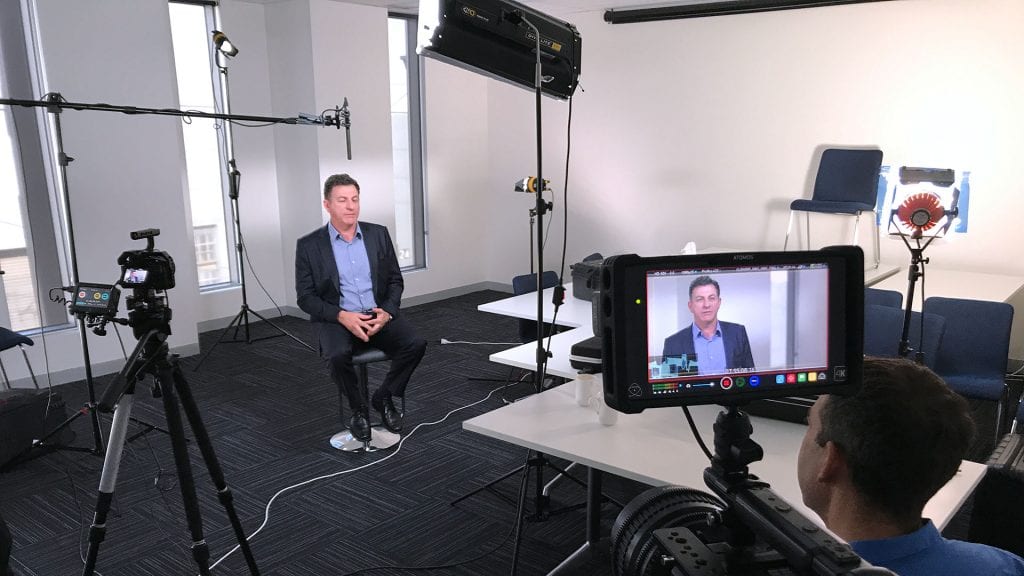
One of our main duties during media training is to play back recorded footage of the training so the participants can watch themselves and see what the audience would be seeing. Often this can be an uncomfortable experience as not many people enjoy watching themselves on camera, but it allows you to pick up on any bad habits you may have developed that can be distracting for viewers. Some common things that are picked up on are rocking back and forth or swivelling on a chair, shifting eye contact or certain vocal tics like “you know” and “like.” It’s only when you play these back that you can pick up on them and learn to eliminate them from your messaging with the media.
Learn From the Best
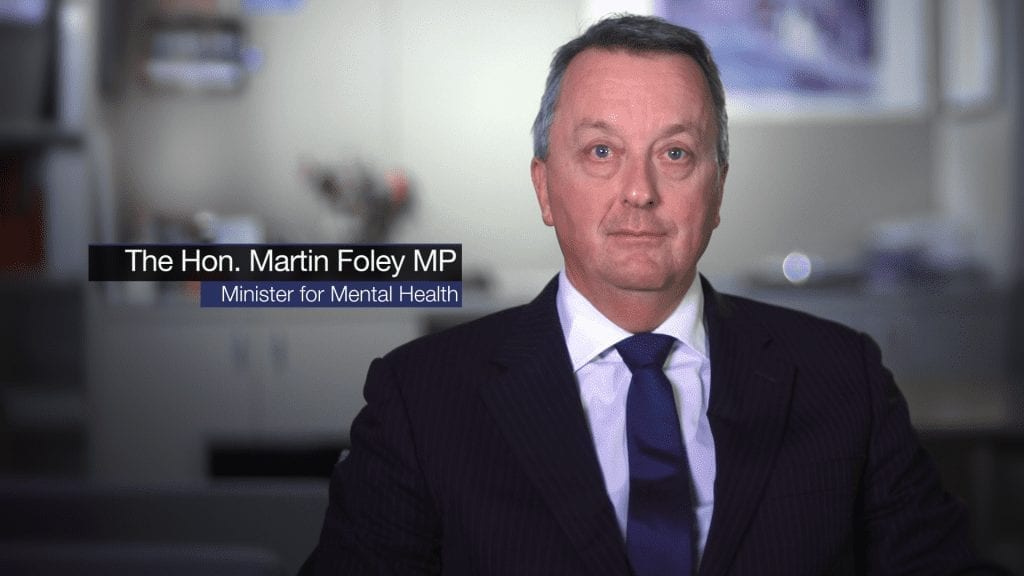
If you have been called upon to face the media, it’s a good idea to watch some interviews in a similar context to what you will be required to do. If you are doing a “doorstop” interview, which is a media interview with reporters outside your headquarters or place of work, you should watch some examples of these to see what is expected of you. Politicians are masters at it, and although it may be frustrating for viewers to hear the same answers over and over again, this is a learned technique to ensure their message gets across. They use short catchy language to make their message “sticky,” and can boil down complex issues into simple terms. Be honest and direct, but mistakes can be made if you begin to go on a tangent, so keep it short and simple.
The Media Loves a Soundbite
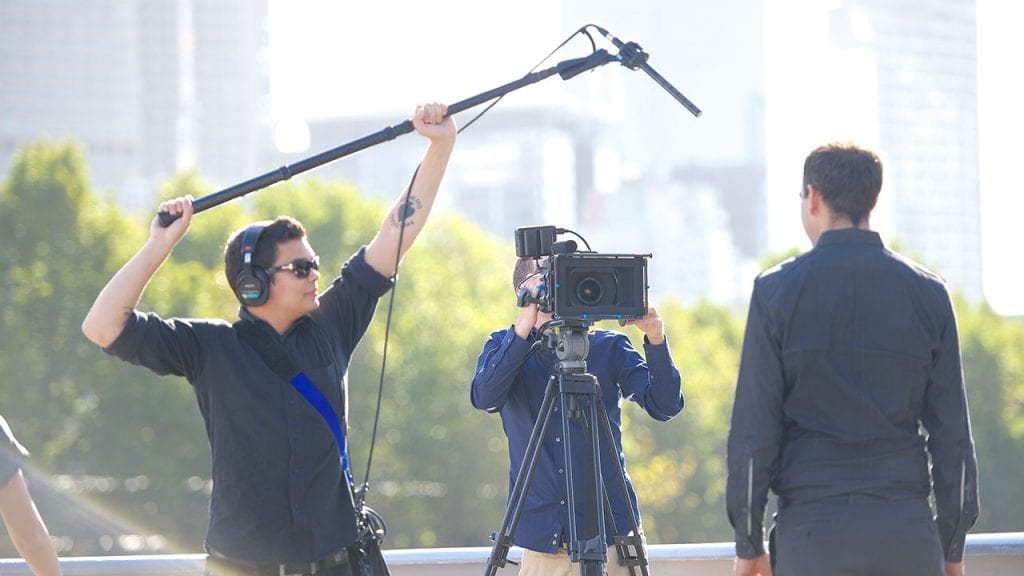
A key part of media training is learning about the power of a soundbite. If you are doing a doorstop interview that will be shown on the evening news, it is highly unlikely that the whole interview will be broadcast, and what is left is a ten second soundbite in the middle of the story. Media trainers will emphasise the importance of preparing some concise, 10 second phrases that get the message you want to get across. Often you will face some tough questions in these scenarios, so prepare the hardest questions you’re likely to be asked and formulate responses for each of them so you’re prepared for any circumstance. This can also mean you may repeat yourself a few times in interviews, but this is ok, the editors for news programs won’t have much time to put a story together and will only pick the quotes relevant to their story.
If you need to film an interview, or would like to learn more about our services, get in touch with Dream Engine today.
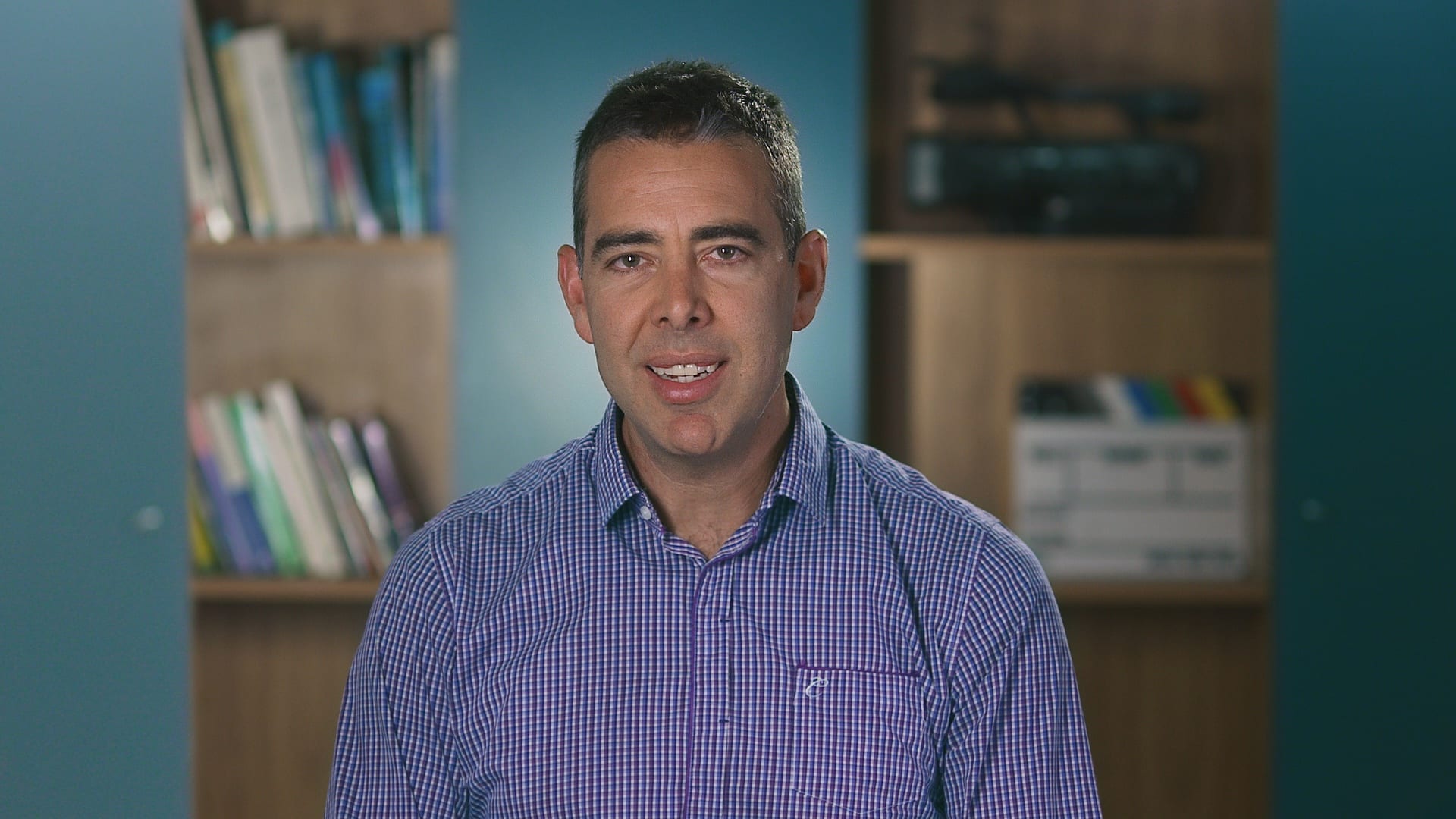
Ryan Spanger is one of Melbourne’s most respected and sought-after video production professionals. Ryan founded Dream Engine in 2002, and specialises in helping medium to large corporates, government departments, and the non-profit sector to connect with their audience more effectively by using video.
